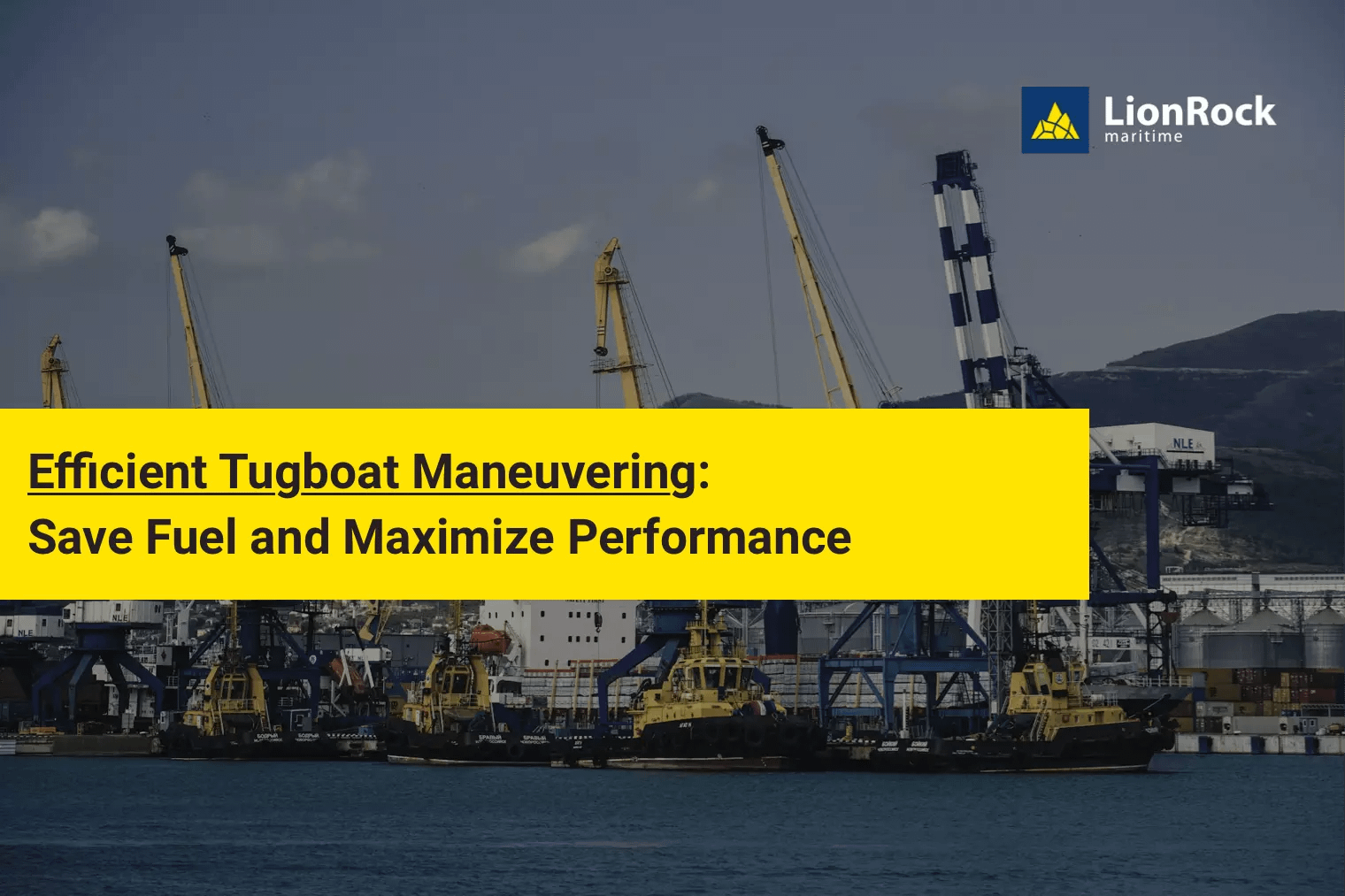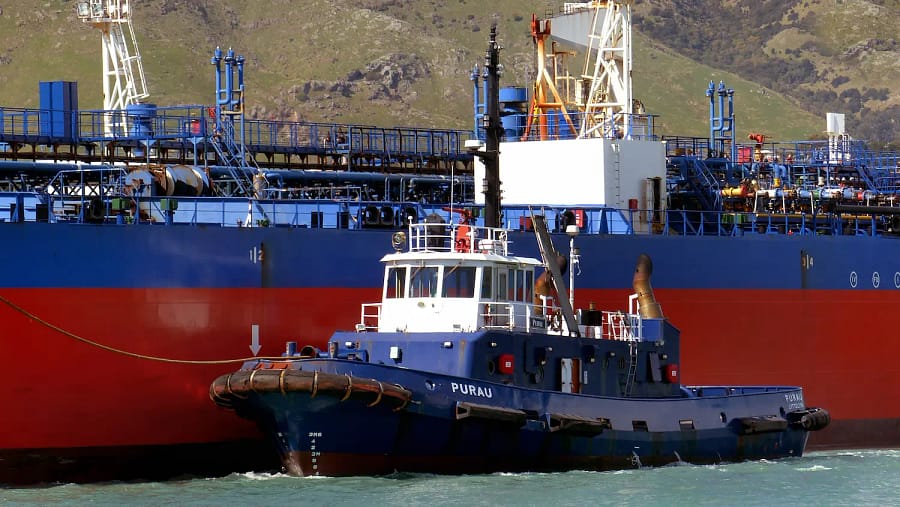Efficient Tugboat Maneuvering: Save Fuel and Maximize Performance
Learn how efficient tugboat maneuvering can reduce fuel consumption and maximize performance with key techniques, training, and innovative technologies.

Efficient Tugboat Maneuvering: Save Fuel and Maximize Performance
The Art of Tugboat Maneuvering: An Introduction
Efficient tugboat maneuvering is essential in the maritime industry, where precision and efficiency are key to successful operations. As tugboats play a critical role in assisting larger vessels, optimizing their maneuvers can significantly reduce operational costs and environmental impact. Achieving a balance between minimizing tugboat fuel consumption and maximizing performance is crucial for both economic and environmental reasons. With the growing emphasis on sustainability and cost efficiency, mastering the art of maneuvering is more important than ever for tugboat operators striving to enhance their overall effectiveness and contribute to a greener maritime industry.

Working on a Tugboat: Maneuvering and Training
Tugboat operations demand a high level of skill and precision, especially when maneuvering in challenging environments. Techniques like indirect towing, push-pull methods, and side towing are fundamental to efficient operations. These methods require not only technical knowledge but also practical expertise, which is why continuous crew training is crucial. Programs from institutions such as the Maritime Institute of Technology and Graduate Studies (MITAGS) focus on developing these essential skills, ensuring crews can execute maneuvers effectively while minimizing fuel consumption and adhering to safety standards. Regular training updates keep crews abreast of the latest industry advancements and operational best practices.
Market Tracking
The maritime industry is witnessing significant shifts, with a strong focus on enhancing operational efficiency and reducing tugboat fuel consumption. The demand for more efficient vessel tug operations is growing, driven by both economic and environmental factors. Operators are increasingly adopting data-driven approaches to optimize maneuvering techniques, aiming to reduce costs and emissions. This trend is also reflected in the growing market for advanced fuel management systems, which provide real-time data to support more efficient operations.
Recent innovations in tugboat design have significantly improved maneuverability and fuel efficiency. For example, the introduction of hybrid propulsion systems and energy-efficient hull designs has enhanced tug operations. These technological advancements allow for smoother, more precise movements, reducing the strain on engines and consequently lowering fuel consumption. Such innovations are essential as they align with the industry’s broader goals of enhancing efficiency and reducing the environmental footprint of maritime operations.
Tugboat Maneuvering Techniques
Advanced maneuvering techniques are critical to the efficiency and sustainability of tugboat operations. Each maneuver—whether it’s indirect towing to reduce resistance, the push-pull method for precise control in tight spaces, or side towing in congested areas—is tailored to specific operational needs. The effectiveness of these techniques lies in their ability to optimize energy use and minimize environmental impact. By refining these methods through targeted training and practice, operators can achieve significant fuel savings and enhance the overall performance of their tugboats.
Minimizing Tugboat Fuel Consumption
Reducing tugboat fuel consumption is a top priority for operators looking to improve efficiency and reduce operational costs. Maintaining optimal speed is one of the most effective strategies; operating at too high a speed increases fuel burn, while too low a speed can prolong tasks, leading to higher overall fuel consumption. Advanced navigation systems also play a crucial role, offering real-time data that helps operators make informed decisions about speed, route, and engine load. LionRock Maritime’s “Waste Free Shipping” service provides tailored solutions that integrate these strategies, enabling operators to achieve significant fuel savings and reduce their carbon footprint. For more information on your operations, don’t hesitate to schedule a free meeting with us!
Maximizing Efficiency in Tugboat Operations
Beyond mastering specific maneuvering techniques, maximizing efficiency in tugboat operations also involves leveraging technology and data analytics. By integrating real-time data systems, operators can continuously monitor performance, making informed adjustments that enhance operational efficiency and reduce costs. This approach goes hand-in-hand with training, as data-driven insights empower crews to refine their techniques and strategies on the fly. By focusing on the synergy between human expertise and technological tools, tugboat operators can achieve a higher level of efficiency that benefits both their bottom line and environmental impact.
Successful Implementation of Efficient Maneuvering
A notable example of successful implementation of efficient tugboat maneuvering can be found in a case of the Carousel RAVE tug, a design specifically aimed at enhancing maneuverability and fuel efficiency. Unlike conventional tugs, the Carousel RAVE tug features a revolutionary towing system with a rotating carousel that significantly reduces the forces acting on the tug during operations, allowing it to perform more controlled and efficient maneuvers. This innovative design minimizes the need for excessive engine power, ultimately contributing to lower fuel consumption and emissions. The Carousel RAVE tug exemplifies how advanced tugboat designs can optimize operational performance, showcasing the critical role of technology in achieving sustainable and efficient tug operations.
Conclusion
Efficient tugboat maneuvering is not just a technical necessity but a strategic advantage in the competitive maritime industry. By focusing on minimizing tugboat fuel consumption and maximizing operational efficiency, operators can achieve substantial cost savings and reduce their environmental impact. Continuous training, adherence to best practices, and the adoption of cutting-edge technologies are key to achieving these goals.
LionRock Maritime offers comprehensive services designed to help tugboat operators optimize their operations, ensuring they remain at the forefront of the industry. We encourage you to explore LionRock Maritime’s offerings to learn more about how you can enhance the efficiency of your vessel tug operations.
FAQ: Tugboat Emissions
What are the key techniques for efficient tugboat maneuvering?
Efficient tugboat maneuvering relies on techniques such as indirect towing, push-pull methods, and side towing. Indirect towing reduces drag and fuel consumption, while the push-pull method enhances control during docking. Side towing is effective in confined spaces, allowing precise vessel positioning without excessive fuel use.
How can tugboat operators reduce fuel consumption?
Tugboat operators can reduce fuel consumption by maintaining optimal speed, utilizing advanced navigation systems, and applying fuel management strategies. Regular maintenance and crew training also play crucial roles in optimizing fuel efficiency.
Why is crew training important for tugboat operations?
Crew training is vital for ensuring that tugboat operators are skilled in efficient maneuvering techniques, which directly impact fuel consumption and operational performance. Ongoing training keeps crews updated on the latest technologies and best practices, contributing to safer and more efficient operations.
What are the latest innovations in tugboat design that enhance efficiency?
Recent innovations in tugboat design include hybrid propulsion systems and energy-efficient hull designs. These advancements improve maneuverability, reduce fuel consumption, and align with the industry’s goals of enhancing operational efficiency and sustainability.
References to Tugboat emissions and Port Emissions
- https://www.mitags.org/tug-and-barge/
https://www.researchgate.net/figure/Schematic-diagram-of-tugboat-assisting-ship-maneuvering_fig1_350642029 - https://www.reportlinker.com/market-report/Maritime-Transport/522298/Vessel?term=vessel%20market&matchtype=b&loc_interest=&loc_physical=9074815&utm_group=standard&utm_term=vessel%20market&utm_campaign=ppc&utm_source=google_ads&utm_medium=paid_ads&utm_content=transactionnel-4&hsa_acc=7082072004&hsa_cam=15072279998&hsa_grp=153327156169&hsa_ad=663235516284&hsa_src=g&hsa_tgt=kwd-2090111024150&hsa_kw=vessel%20market&hsa_mt=b&hsa_net=adwords&hsa_ver=3&gad_source=1&gbraid=0AAAAAD19yGcBwGBuUF-OBloE30ca2p1_m&gclid=Cj0KCQjwh7K1BhCZARIsAKOrVqFiaWoOy-mDL81fuby5JOSb7kwxVxfSQVhP-lC6EoOnuJttPNUu3LoaAsomEALw_wcB
- https://www.rivieramm.com/news-content-hub/news-content-hub/10-innovative-tugboat-deliveries-of-2020-62437
- https://www.mdpi.com/2077-1312/11/6/1155
- https://lionrockmaritime.com/efficient-fleet-management/tugboat-fleet-management-analytics/
- https://ideas.repec.org/a/spr/ijsaem/v13y2022i1d10.1007_s13198-021-01549-2.html
- https://gomotive.com/glossary/fleet-management/fuel-management-system/
- https://medium.com/@wrevilla/focus-on-your-tugboat-maintenance-practices-to-ensure-the-reliability-safety-and-efficiency-of-4955a6d89889
- https://www.lloydslistintelligence.com/how-we-help/helping-you-make-the-right-decisions-based-on-great-data?utm_source=google&utm_medium=cpc&utm_campaign=novi—lloyd%27s-list-intelligence—maritime-intelligence—broad&utm_term=maritime-data-analytics&gad_source=1&gbraid=0AAAAApzwJk4Y9Jar1R2SJqOD4aEBuJXgj&gclid=Cj0KCQjwh7K1BhCZARIsAKOrVqGxQ9UNcFkh9PYeOPFd7BvDCEvdFs6M5zQUXR0BHkn3UHSIOWPrGggaAqLQEALw_wcB
- https://link.springer.com/chapter/10.1007/978-981-19-6138-0_77
- https://www.researchgate.net/publication/356085461_ASSESSMENT_OF_PROPULSION_SYSTEMS_PERFORMANCE_IN_TUGBOAT
- https://www.jstage.jst.go.jp/article/jime/50/4/50_527/_pdf
- https://link.springer.com/chapter/10.1007/978-981-19-6138-0_77
- https://novatug.nl/tug/#1446546031561-47da7b27-ba36



